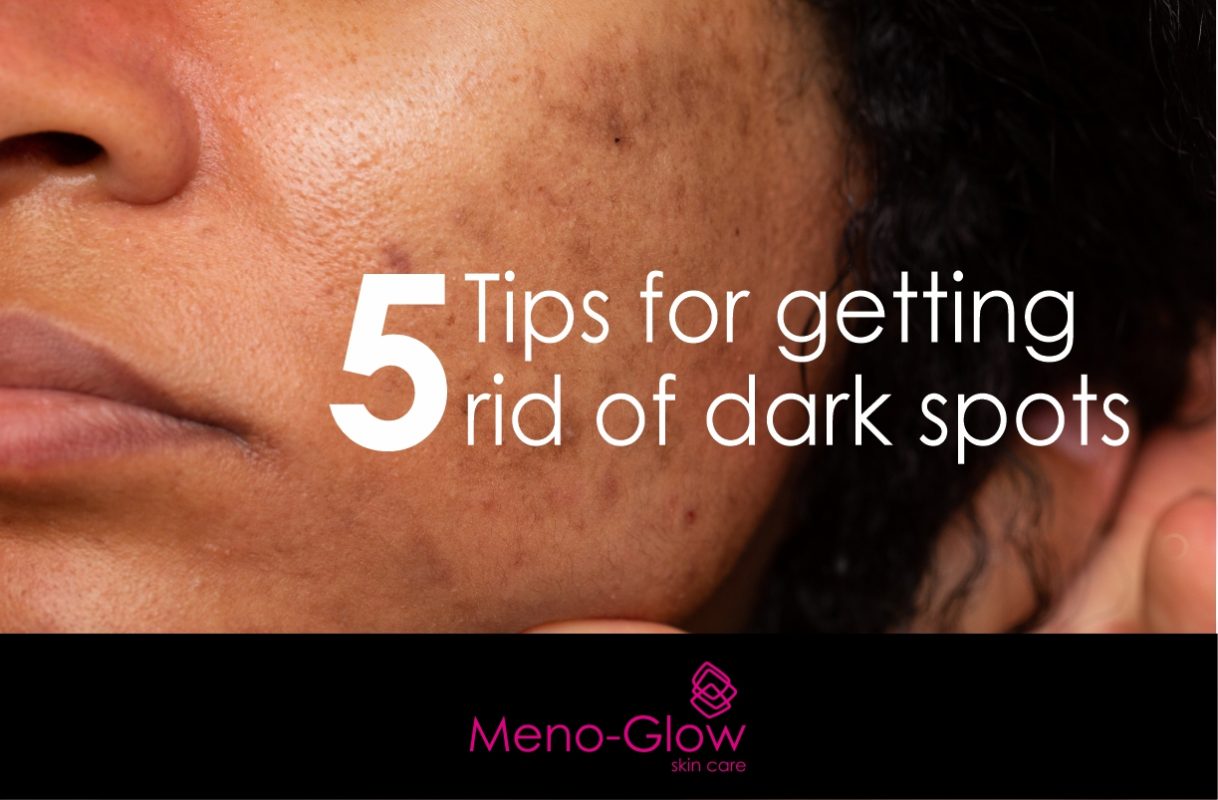Coping with dry skin during menopause
During menopause, many women find that their skin becomes dry and flaky. Changing levels of hormones slow down the skin’s production of collagen and natural oils, and make it harder for skin to retain moisture. As a result, skin feels thinner and more prone to dryness, sensitivity and fine lines.
We take a look at why women get dry skin during menopause, and consider some common myths and misconceptions relating to menopausal dry skin.
Why do you get dry skin during menopause?
The hormone estrogen has a number of different functions, including helping to regulate moisture levels in the body, and stimulating the production of collagen and oils. These help to make skin feel smooth and elastic, and create a waterproof barrier which helps to hold in moisture.
Collagen is particularly important for giving strength, volume and elasticity to the skin. During menopause, as estrogen and collagen levels begin to fall, the skin’s natural moisture levels drop and skin can become less plump and prone to dryness, dullness, sagging and blemishes.
Are all women affected by dry skin during menopause?
While menopause affects every woman differently, issues with dry, sensitive and flaky skin are an extremely common symptom.
In the first few years of menopause, the production of estrogen and collagen decreases rapidly and this is the time at which women can be most affected by changes to their skin.
Some women find that their skin feels dry and itchy, while others also describe a tingling, prickling or crawling sensation. These symptoms can occur during the night or day and can be uncomfortable and disruptive.
It’s also very common to experience problems with age spots and skin blemishes, as skin loses some of its ability to heal and repair.
Common misconceptions about menopausal dry skin
‘Menopausal skin just feels a bit drier’
Menopausal dry skin is associated with a number of symptoms, including dryness and itching, irritability and an increased likelihood of wrinkles, blemishes and acne.
‘Applying some moisturiser will do the trick’
Keeping your skin hydrated by applying a good moisturiser regularly is very important to help combat the effects of dry skin.
However, making some simple lifestyle changes can also help reduce the effects of menopausal dry skin. To help keep skin as healthy as possible you should eat a balanced diet which includes plenty of lean protein, healthy fats, vitamins, and essential Omega-3 fatty acids – these can help to boost your skin’s natural oils and can be found in foods such as salmon, sardines, walnuts and flax.
Smoking and alcohol can also worsen the effects of dry and itchy skin, so you should aim to reduce or minimise your intake.
‘It only affects the skin on your face’
While the symptoms of menopausal dry skin commonly affect the skin on your face, it’s important to remember that it can affect the whole body, from your arms, legs and back to your feet and even the delicate vaginal area.
You can help to reduce the effects of menopausal dry skin by using gentle, unscented soaps, cleansers and deodorants, to help preserve your skin’s natural oils and avoid irritating sensitive skin.
by Blanka CsaniczReviewed by Dr Rachel Hines
SOURCE: https://menopause.livebetterwith.com/blogs/stories-info/coping-with-dry-skin-during-menopause



